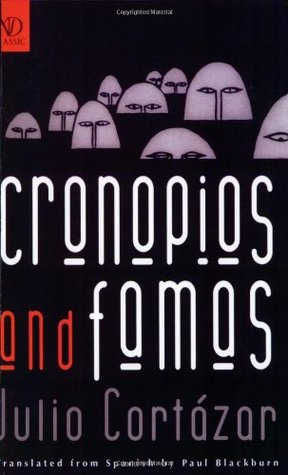Title: Chinaman
Author: Shehan Karunatilaka
Country: Sri Lanka
Publisher/Year:
Genre: Literary fiction
Been a hectic month. Read a lot of books, but my new job hasn't given me time to review any. Still, here's a small start on that immense backlog.
In this part of the world (South Asia), there has always been one sport that has ruled the hearts and minds of the masses - cricket. For those of you who know nothing about, I won't try to explain it to you. It's too complex to easily convey, and this post is meant to be about a book.
While Chinaman is rooted in cricket lore, real and fictional, it is in effect the tale of one man's search for truth, answers and ultimately meaning. Where the protagonist sets out to find out more about his nation's greatest cricketer, he ends up uncovering dark secrets, the delight of small things, and himself.
The book is charming and well written. It's easy to find yourself wrapped up in the tale, even if you don't understand cricket. The setting is captured delightfully as the protagonist traverses Sri Lanka in a quest to find answers and his idol. It's a great book, and one I recommend for a relaxed read.


